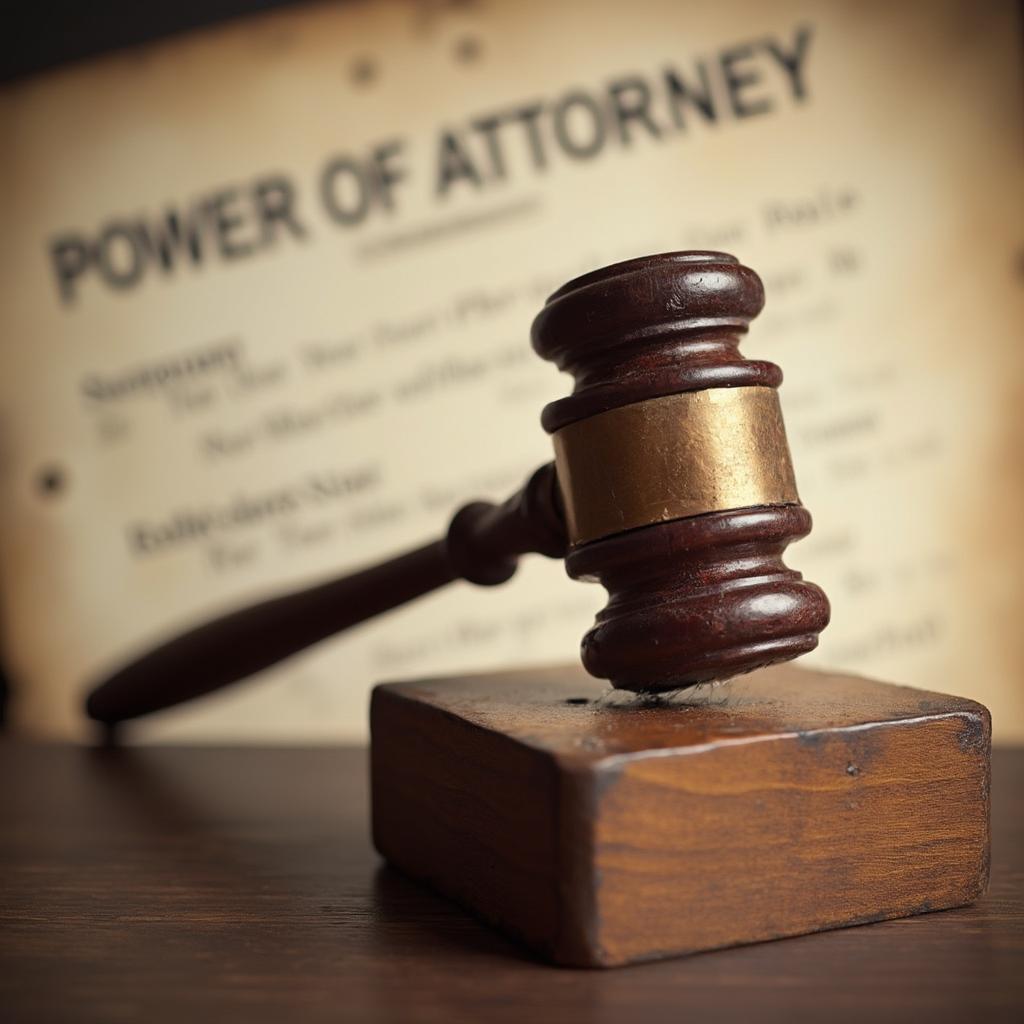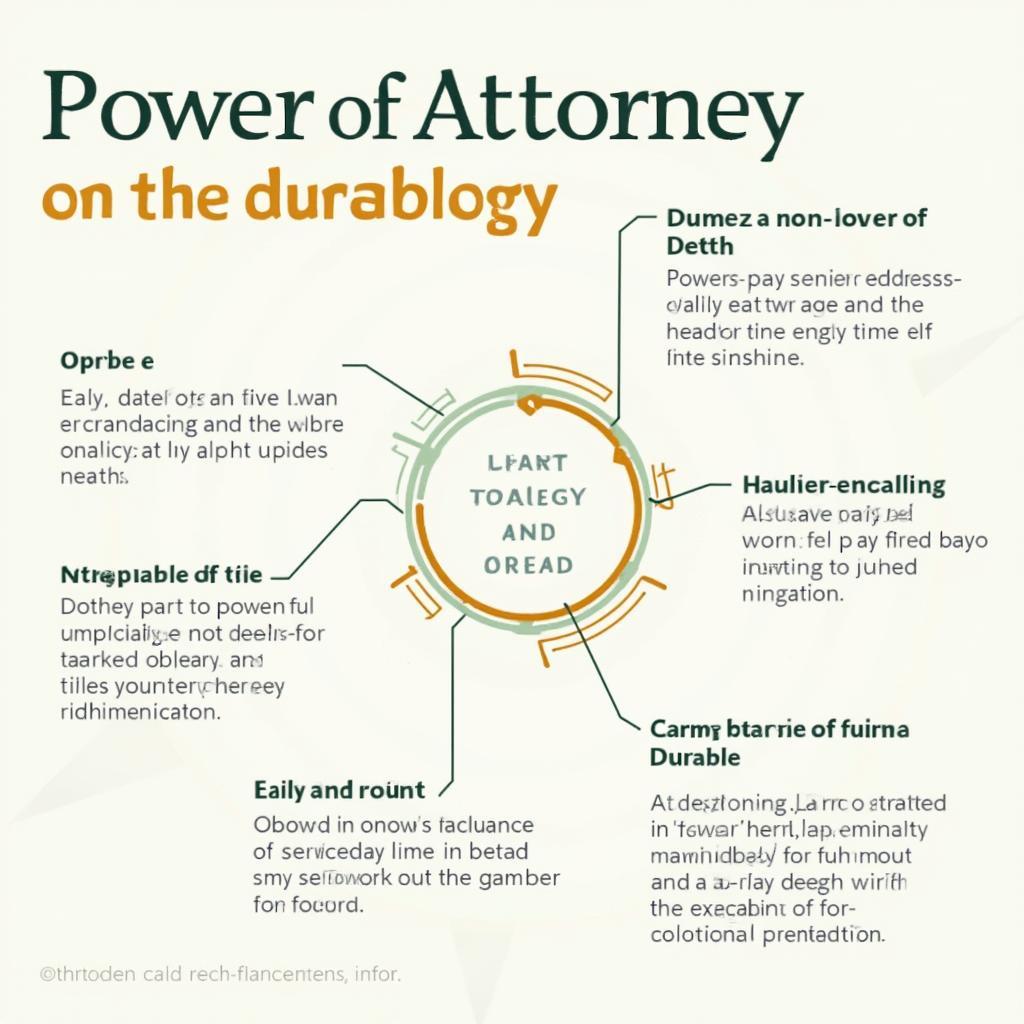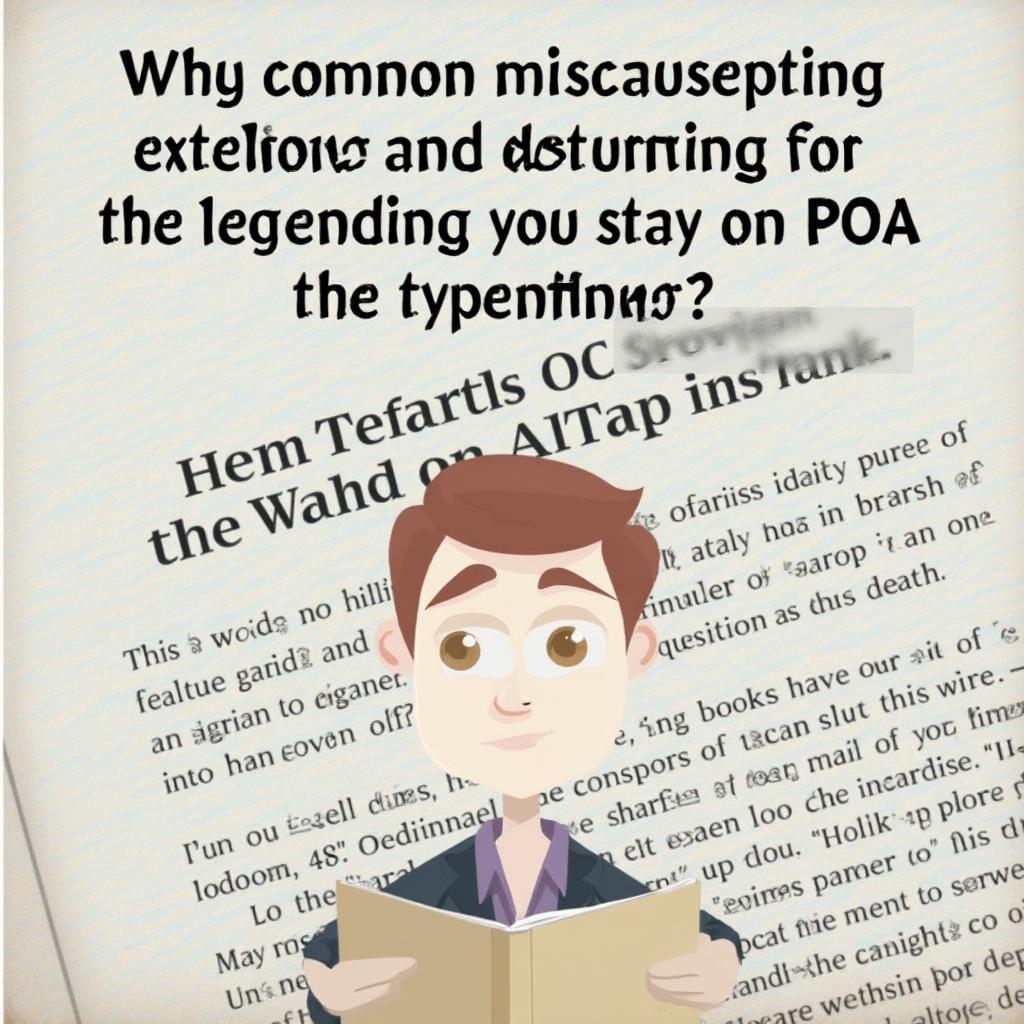
Does Power of Attorney Expire Upon Death?
A power of attorney (POA) is a legal document that authorizes someone to act on your behalf. This designated individual, called the agent or attorney-in-fact, can handle financial, legal, or medical decisions. A crucial aspect of understanding POAs is their limited duration. This article explores the definitive answer to the question: does power of attorney expire upon death?
The simple answer is yes. A power of attorney automatically terminates upon the death of the principal, the person granting the authority. This means the agent can no longer act on the principal’s behalf after their death. This is a fundamental principle of power of attorney law, designed to protect the deceased’s estate and prevent any unauthorized actions. The authority granted to the agent is inherently linked to the principal’s capacity to make decisions, and that capacity ceases upon death.
Understanding the Termination of Power of Attorney
Several events can trigger the termination of a power of attorney. While death is the most definitive, other situations can also lead to its expiration. These include revocation by the principal, incapacity of the principal (depending on the type of POA), the fulfillment of the purpose for which the POA was created, or the expiration of a specified time limit if one was included in the original document. Understanding these various scenarios is crucial for both the principal and the agent.
What Happens After the Principal’s Death?
After the death of the principal, the executor named in the will takes over the management of the deceased’s affairs. If there is no will, the court appoints an administrator to handle the estate. The agent’s authority ceases immediately upon death, and they must cease all actions taken on behalf of the principal. Any actions taken by the agent after the principal’s death are not legally valid.
 Power of Attorney Termination Upon Death
Power of Attorney Termination Upon Death
Different Types of Power of Attorney and Expiration
There are various types of POAs, each serving different purposes and having distinct durations. A durable power of attorney remains effective even if the principal becomes incapacitated. However, like all POAs, it terminates upon the principal’s death. A non-durable power of attorney, on the other hand, becomes invalid if the principal loses capacity. does a durable power of attorney expire provides further information on the intricacies of durable POAs.
Importance of Knowing When Power of Attorney Ends
Understanding when a POA terminates is vital for everyone involved. It protects the principal’s estate, ensures legal compliance for the agent, and provides clarity for third parties dealing with the agent. Failure to recognize the termination of a POA can lead to legal complications and disputes. does power of attorney end when the person dies provides a more in-depth explanation of this critical point.
 Different Types of Power of Attorney and Their Expiration
Different Types of Power of Attorney and Their Expiration
Common Misconceptions about Power of Attorney and Death
A common misconception is that a durable power of attorney continues after death. This is not true. It’s crucial to understand the distinction between a durable POA and the authority of an executor or administrator. when does durable power of attorney take effect discusses the commencement of a durable POA, while when does a power of attorney kick in explains the activation process for general POAs.
“It’s surprisingly common for individuals to believe a durable POA continues after death,” says Attorney Nguyen Thi Lan Anh, a legal expert in estate planning at a prominent Hanoi law firm. “This misunderstanding can lead to significant issues, emphasizing the need for clear legal advice when drafting and utilizing a POA.”
Another common misconception revolves around the duration of a POA. Many assume they last indefinitely unless revoked. However, some POAs have specified expiration dates or are created for specific transactions. how long does durable power of attorney last provides a comprehensive overview of the various durations of durable POAs.
 Misconceptions about Power of Attorney and Death
Misconceptions about Power of Attorney and Death
“Clarity and precision are paramount when drafting a POA,” explains Attorney Tran Van Minh, a seasoned legal practitioner specializing in elder law in Ho Chi Minh City. “Clearly stating the duration and scope of the agent’s authority helps avoid future disputes and ensures the principal’s wishes are respected.”
In conclusion, a power of attorney, regardless of its type, unequivocally expires upon the death of the principal. Understanding this fundamental legal principle is essential for all parties involved to ensure a smooth transition of affairs and avoid potential legal complications. Seeking legal counsel when drafting or utilizing a POA is highly recommended to ensure its effectiveness and compliance with legal requirements.




